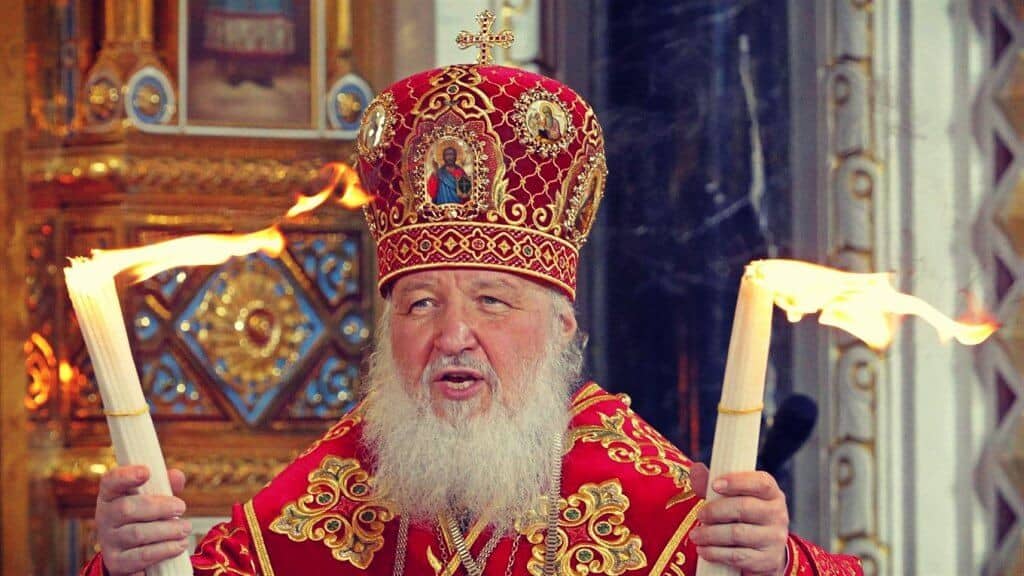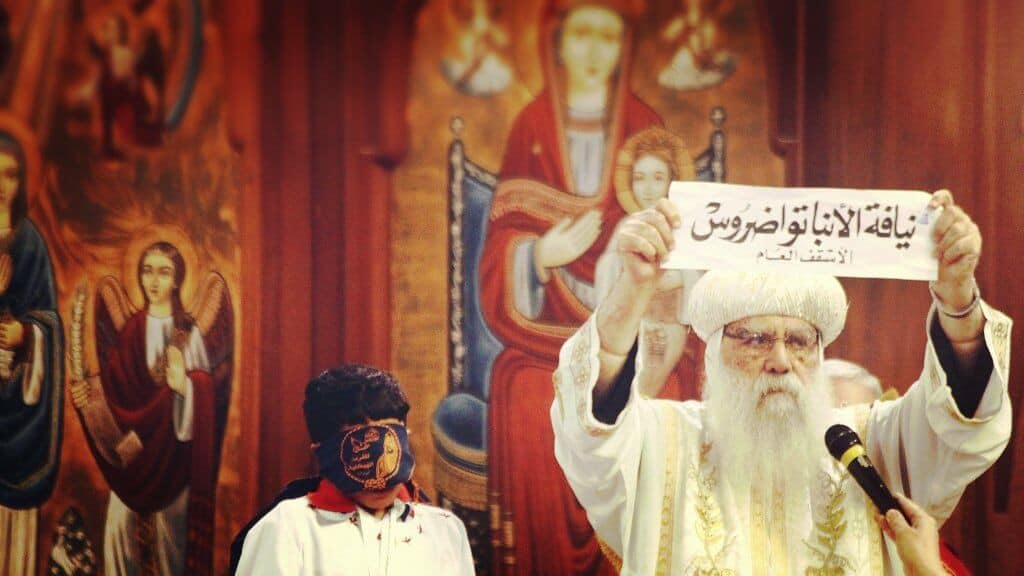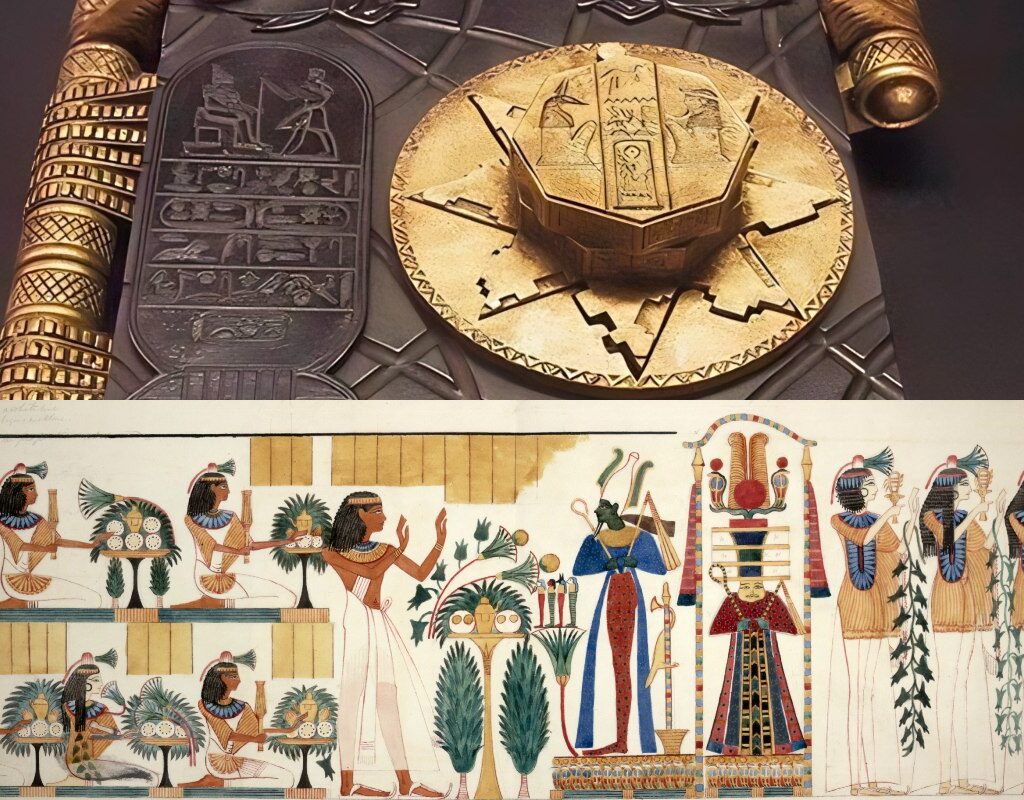In a fascinating twist of historical events, the selection of the 119th Patriarch of the Coptic Orthodox Church, one of Christianity’s most ancient factions, was marked by an unconventional ritual. Following Pope Shenouda III’s death in March, the process of choosing his successor concluded in the hands of a child, playing a pivotal role amid profound political and social changes in Egypt.
Unprecedented Election of the 119th Patriarch of the Coptic Orthodox Church
An ancient ritual determines the spiritual leader amid Egypt’s political and social shifts
Initially, five potential candidates were identified to assume this role of immense responsibility and significance. From this list, three prominent names emerged: Bishops Rafael and Tawadros, along with monk Rafael Ava Mina.
These three were chosen through a voting process involving hundreds of clergymen from various regions of the country, highlighting the Church’s diversity and widespread influence across the nation.
Later, on November 4, a unique ceremony took place at the Coptic Cathedral of St. Mark in Cairo. In this event, a blindfolded child randomly selected one of the three names from papers inside a box on the altar. This method, blending faith with chance, is deeply rooted in the tradition of the Coptic Orthodox Church and symbolizes divine intervention in the selection of the spiritual leader.
The elected leader, beyond his religious duties, would face significant challenges, especially in Egypt’s political and social context following President Hosni Mubarak’s overthrow the previous year.
His role would not be solely spiritual but also social and political, navigating a delicate balance of powers in a transforming nation. He was expected to defend the rights and safety of the Coptic community, which represents about 10% of Egypt’s 80 million population.
Enthronement of the New Coptic Pope: A New Dawn for an Ancient Community
The Coptic community braces for a new era of leadership after Shenouda III’s departure
The enthronement of the new Pope of the Copts, representing about 16 million faithful worldwide, was scheduled for November 18, marking the start of a new era in the history of this ancient Christian community.
The departure of Shenouda III, who passed away on March 17 at the age of 88, left a significant void in the Coptic Orthodox Church.
During his four decades of leadership, he became the primary figure and spiritual guide for this community, in a period marked by changes and tensions. His death came at a particularly delicate time, leaving the Coptic Christian minority without its most emblematic leader.
In an already tense context, the traditionally reserved Coptic community was further concerned due to a recent spike in violent attacks. This anxiety was exacerbated by the rise of political Islam, although growing insecurity was a shared concern for both Muslims and Christians in Egypt.
The responsibility resting on the new Pope was monumental. His main task would be to reassure and guide the Coptic community at a time when Egypt was experiencing an Islamist resurgence led by the Muslim Brotherhood. Young Copts, in particular, sought a leader capable of redefining their community’s role in an era of profound political and social changes following Mubarak’s fall.
The Unique Election Process of the Coptic Church Leader
How an Ancient Ritual and Faith Guide the Selection of Shenouda III’s Successor in the Coptic Orthodox Church
The election of Shenouda III’s successor was a process rooted in the oldest traditions of Christianity.
Following his death, a conclave was tasked with selecting the candidates, eventually narrowing them down to three. In a solemn mass, known as the “holy lottery election,” a blindfolded child randomly chose the new leader’s name from a silver urn. This tradition is based on the belief that God chooses through the innocent hand of a child.
This practice has its origins in the early history of Christianity in Egypt, dating back to the arrival of the evangelist Mark, considered the founder of the Coptic church. Beyond Egypt, the denomination’s influence extends to Ethiopia, North America, and Europe, reflecting its reach and historical significance in global Christianity.




